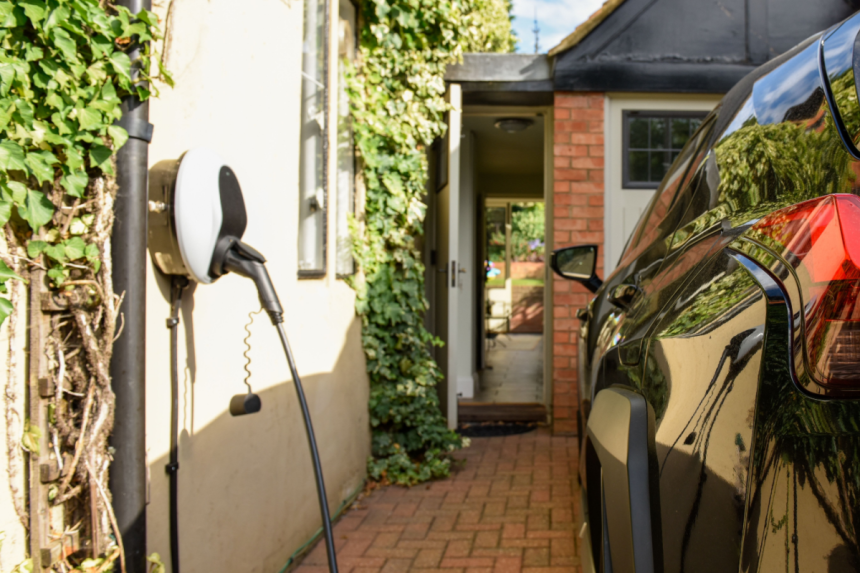As Canadians plan for their retirement years, many are looking for ways to reduce costs, simplify daily routines, and live more sustainably. One area where significant savings and lifestyle improvements can be found is transportation. Trading in a gas-powered vehicle for an electric vehicle (EV) offers retirees financial, practical, and environmental benefits that can make life easier and more enjoyable.
Cutting Fuel Costs
Gasoline prices fluctuate between $3 and $3.50 per gallon, making it difficult to budget transportation expenses. EV owners, however, can expect greater predictability and lower overall costs. The National Renewable Energy Laboratory estimates that drivers can save up to $14,500 in fuel over a 15-year period. Actual savings depend on factors such as mileage and regional electricity rates, but for retirees on fixed incomes, these reductions can be especially valuable.
Improved Batteries and Charging Access
Modern EVs eliminate many of the inconveniences tied to refueling. With the option to install a home charging station, retirees can charge their cars overnight, avoiding frequent trips to gas stations. Charging infrastructure is also expanding quickly, with 5 million public stations worldwide—double the number in 2022—and a 20% increase in U.S. locations in 2024. Depending on the model, a single charge now provides between 248 and 372 miles of range. EV batteries also last longer, averaging 12 to 15 years in moderate climates.
Lower Maintenance Costs
EVs are cheaper to maintain than traditional vehicles. According to AAA, EV owners save an average of $330 per year by avoiding routine expenses such as oil changes and air filter replacements. Regenerative braking also reduces wear and tear, converting energy into electricity instead of heat, which extends brake life and lowers long-term costs.
Enhanced Safety
Safety is another area where EVs excel. The Insurance Institute for Highway Safety reports that EVs perform as well or better in crash tests compared to gas-powered vehicles. Importantly, EVs are far less likely to catch fire. Conventional cars experience 500 to 600 engine fires daily, whereas EVs are nearly 60 times less likely to ignite thanks to reinforced battery protection. Even in rare fire incidents, EVs avoid the explosive risk associated with gasoline.
Environmental Benefits
EVs also provide retirees with the opportunity to leave a positive legacy for future generations. Research by the International Council on Clean Transportation shows that EVs produce 73% fewer greenhouse gas emissions across their lifetime than conventional vehicles. For many retirees, contributing to a healthier environment for their grandchildren adds personal value to the switch.
Comfort and Driving Experience
For those who prioritize comfort over performance, EVs offer a smoother, quieter ride. Without an internal combustion engine, EVs reduce vibration, noise, and sudden shifts in acceleration. This creates a calm driving experience—ideal for retirees seeking less stress behind the wheel.
Incentives and Rebates
Government incentives make EV ownership more attractive. Eligible new models may qualify for up to $7,500 in tax credits, while used EVs can earn buyers up to $4,000 in credits. Additional rebates of up to $1,000 are available for installing home chargers or energy storage units, though program deadlines and requirements vary.
For retirees looking to manage expenses, improve safety, and embrace sustainability, electric vehicles present a compelling option. With lower fuel and maintenance costs, stronger infrastructure, and financial incentives, EVs provide both practical and long-term advantages. Beyond savings, they also deliver comfort and peace of mind—helping retirees enjoy their golden years with fewer worries and greater freedom.






